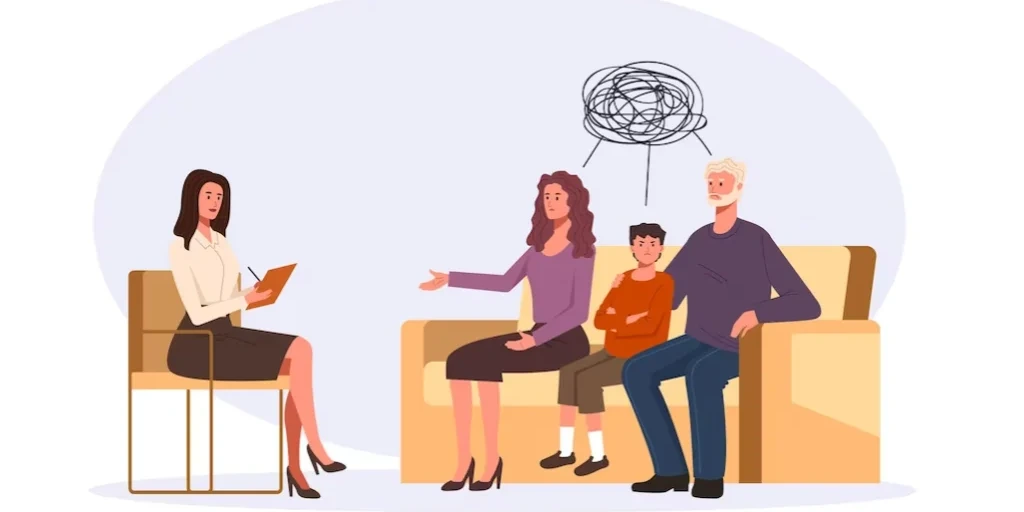24/7 Helpline:
(866) 899-221924/7 Helpline:
(866) 899-2219
Learn more about Dual Diagnosis Rehab centers in Chino Hills
Dual Diagnosis Rehab in Other Cities

Other Insurance Options

United Health Care

Health Partners

MVP Healthcare

Amerigroup

PHCS Network

Private insurance

CareFirst

UMR

Health Choice

Optum

UnitedHealth Group

American Behavioral

Health Net

Magellan Health

Coventry Health Care

Regence

Choice Care Network

GEHA

Sliding scale payment assistance

BHS | Behavioral Health Systems

Discovery Mood & Anxiety Program
Discovery Mood & Anxiety Program is a private rehab located in Chino Hills, California. Discovery Mo...





Avery Centre
Avery Centre is a private rehab located in Chino Hills, California. Avery Centre specializes in the ...

Let’s Talk Ministries – Chino Hills
Let’s Talk Ministries – Chino Hills is a public rehab located in Chino Hills, California. Let’s Talk...



